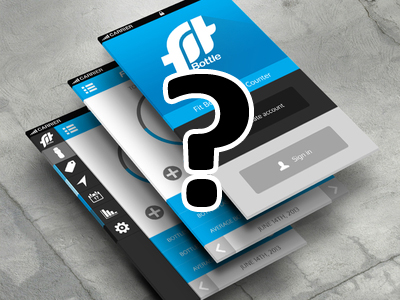Many newcomers to the world of app development are often confused about the differences between native apps, mobile apps and hybrid apps. This really comes as no surprise with the barrage of app terminology. Here’s an outline of the differences between the three, so you can decide which one is more appropriate for your app.
Native Apps
Native apps can be downloaded from Google Play and the App Store. They are launched by the tap of an icon. What distinguishes native apps from mobile and hybrid apps is that these are coded for a specific kind of device. For example, Android apps are coded in Java, and iPhone apps are written in Objective-C.
There are a number of advantages to native apps. Native apps are fast and reliable, and users can tap into a broad range of functionality, including swipe gestures and camera. Publishers can use the push-notifications for alert that a new piece of content has been published. Native apps provide access to core device capabilities. A well-designed native app works well with the design patterns and standards of each platform. Native apps are intuitive and work well with the platform’s ecosystem.

Mobile Apps
When compared to native apps, mobile apps are limited in what they can do and generally require an Internet connection to work. Unlike native apps, mobile apps are more difficult to build a loyal user-base from. Publishers cannot send notifications to bring viewers back to their content. In addition, there is no app icon on the home screen of users for a constant reminder. Those who use mobile apps also miss out on an important source of downloads and traffic. While native apps appear on Google Play and the App Store, mobile apps do not. With millions of searches on these stores on a daily basis, mobile apps lose the potential to get noticed.
Hybrid Apps
Hybrid apps are a go-between native and mobile apps. They are quicker and cheaper to build than native apps, but a step up from mobile apps. The major part of the hybrid app is built using cross-compatible web technologies like CSS and Java script. Some native code is used to allow the app to access wider functionality on devices. The biggest advantage of hybrid apps is that they can be built on a one single core. With native apps, this feature needs to be replicated on each platform.
Deciding which app is best really depends on what the app is offering, expectation of the user and core developmental strengths. Historically, native apps have the best performance and work in an offline mode. At the same time, native apps require a large budget to support all the platforms and multiple team support. Mobile apps can reach out to all platforms, since they run on browsers. In addition, the development is less expensive than native apps. Hybrid apps are really the best of both worlds. They are fast to develop, can be deployed in specific app store, have access to native layers and work in an offline mode.















